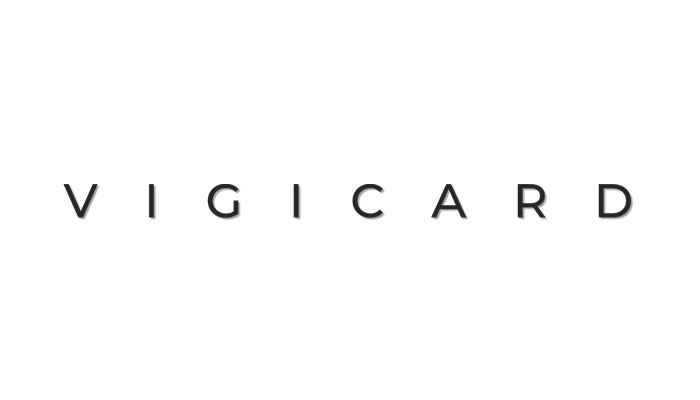Country: France
Organisation: Pikcio Services
Website: vigicard.eu
Our project focuses on the design and development of a decentralized, user-centered and scalable ledger as a mobile and a web application for the registration, validation and traceability of drug allergies. The main objectives are to record drug allergies and to distinguish between self reported drug allergies (approximately 10% of the European population) and re-evaluated information by physicians through allergy testing. Indeed, most of the self-reported allergies are not confirmed by any subsequent tests and consequently lead to unnecessary and less efficient alternative treatments.
Yet, the European network for drug allergies, of the European Academy of Allergy and Clinical Immunology stated that there is no reliable solution to report a drug allergy in all European countries, except unstructured data text in Electronic Health Records or paper cards held by citizens. Paper cards are based on self-reported information. Even though standardized it may be easily lost and hardly cope with the complexity of the patient’s history, as well as its follow-up. Therefore, the European network for drug allergies encourages projects to design a digital solution of detailed and structured information on drug allergies.
We propose a mobile and web application named Vigicard, based on a permissioned blockchain which delivers high traceability of patients’ and healthcare professionals’ identities, allergy history immutability and timestamping of all information, while preserving everyone’s privacy. Vigicard is customizable and interoperable with any electronic patient or medical recording system. Its design is based on the international consensus of drug allergy published by the Joint Allergy Societies (European, American) and the World Allergy Organization.
As a result, Vigicard creates three main social impacts i.e. information accessibility in real-time, patient empowerment and information confidentiality and security, leading to safer and less costly treatments. Developed in agile, the app is designed according to the problems and needs identified by allergists. Its usability is tested in a local environment by a world leader in the field, i.e. the University Hospital of Montpellier, south of France. Furthermore, it will be generalized and provided to all European citizens.


